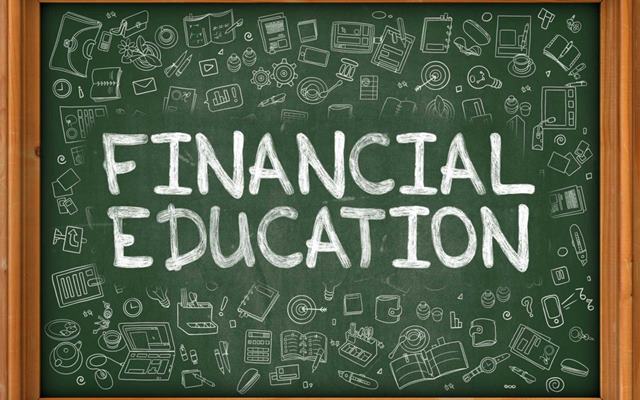If you had one criticism of your school years, what would it be? For many, it would probably be the relevance of the subjects they were taught and how useful they would become. Whether it’s algebraic formulas in maths or an understanding of chemical reactions in science, it’s fair to say only a small number of us have carried that knowledge forward into our adult lives.
With that in mind, the often-asked question is why aren’t we teaching more practical, life-relevant subjects in school? One such subject is financial education – a topic that’s relevant to every single one of us. But why is financial education so important, and where are we up to with it in schools today?
Why is financial education so important?
Recent research suggests the British public have been by and large left in the dark when it comes to financial education. Two-thirds of Brits claim to have received no financial education whatsoever at school. More importantly, nearly half of those surveyed said they wished they’d been taught more around everyday finance.
Especially in our current economic climate where many young adults are struggling to live within their means, financial savviness is more relevant than ever. Consider the credit card, for example – 38 million Brits have one, but more than a third admit to not being confident that they understand the meaning of APR. Back in 2018, the Independent reported that England and Northern Ireland sat at the bottom in a global table on basic financial literacy, with a third of the population unable to work out the correct change from a shopping trip.
With so many complexes but essential financial elements to modern life, isn’t it time we made an effort to help people understand such issues before they face them?
What should we be learning?
There are elements of the current school curriculum that most consider don’t need to change. Of those surveyed, over 80% agreed that both English and maths were the most important subjects to learn at school, the latter of which could help with addressing basic financial literacy issues like those mentioned prior.
There are, however, a number of core financial concepts that could be incredibly useful for a child to learn within the spectre of financial education. Sensible teaching subjects could include:
- Understanding credit cards
- Understanding loans
- Understanding interest rates
- Understanding credit scores
- Managing debt
- A breakdown of key financial jargon
For most adults, the above topics were first broached when they got to a point of considering a loan or applying for a credit card. Perhaps if the basics were taught from an early age, we’d have more people taking a considered approach to managing their debt. Nevertheless, it is essential these topics are reviewed and understood before considering financial assistance.
Where do things currently stand?
Financial education as a topic was introduced to British schools as of September 2014. While this is a positive step, two-thirds of teachers claim the subject matter to be somewhat or very ineffective. Right now, that means over 50% of us consider the Internet to be our best source of financial information, with some younger people turning to social media for advice, while the older generations seek help from financial advisors.
Also Read:
Best Educational Apps for Students
Of course, with the raft of poorly sourced or unsourced information available via the internet and social media, there’s no guarantee people are getting what they need to know from their efforts.
If we can keep advancing the curriculum to a stage where financial education offers true value as a subject, we could see a vast improvement in personal finance management among generations to come.

